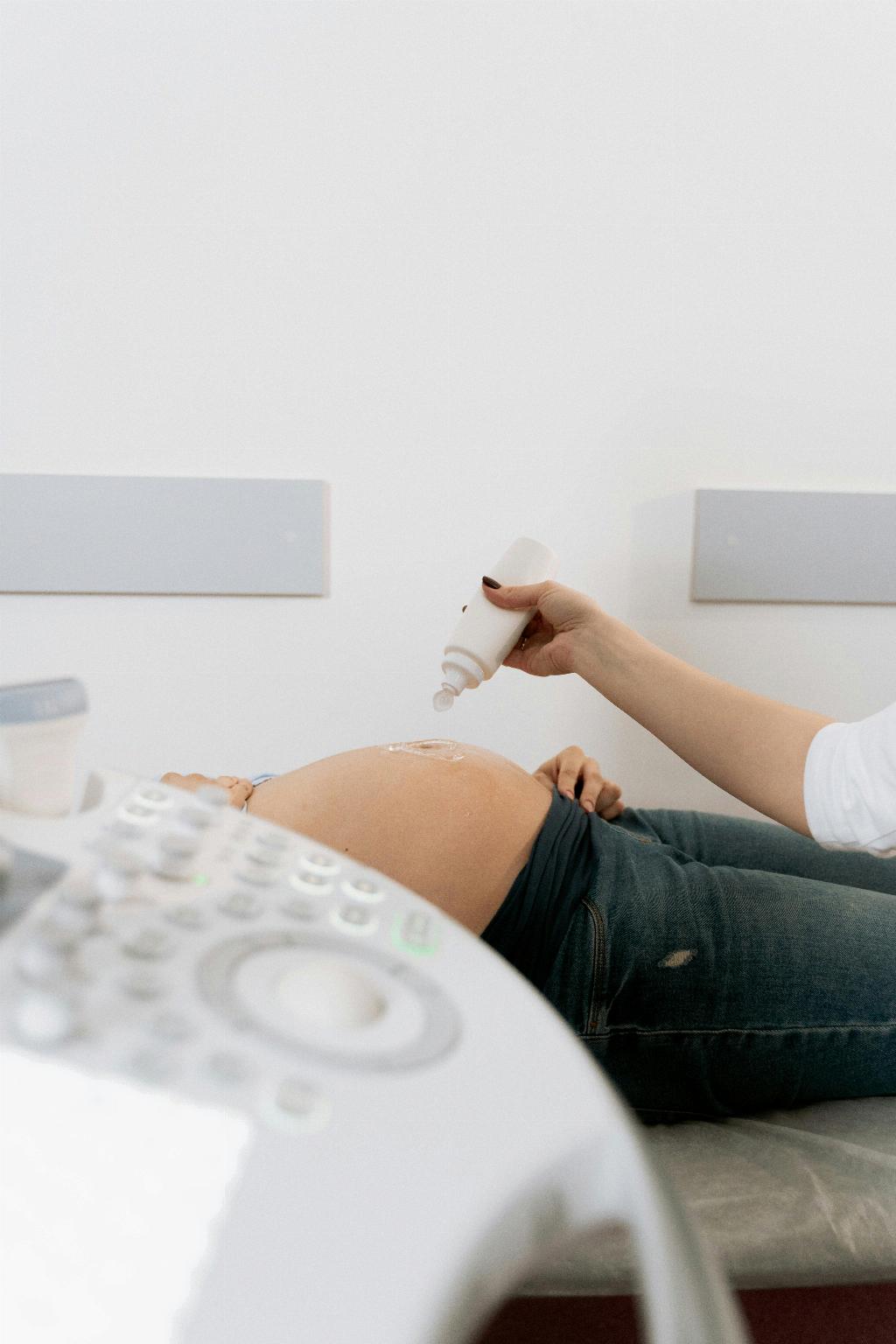When it comes to the topic of C-sections, it’s crucial to consider the significant impact this procedure can have on the mother’s body. The reality is that a C-section is not a simple or minor surgery; it involves major incisions and carries potential risks that differ from those of a vaginal birth.
Potential Complications of C-sections
One of the key concerns surrounding C-sections is the higher likelihood of complications compared to vaginal births. For instance, there is a risk of infections in various parts of the body, such as the incision site, uterus, and surrounding areas like the bladder and abdomen. These infections can pose serious health risks and may require additional medical interventions.
Risks of Excessive Blood Loss
Another significant risk associated with C-sections is the potential for excessive blood loss during or after the procedure. In some cases, women may require a blood transfusion to address this issue and stabilize their condition. The loss of a significant amount of blood can lead to complications and prolong the recovery process.
Long-term Implications of C-sections
It’s important to acknowledge that the effects of a C-section can extend beyond the immediate postoperative period. Some women may experience long-term consequences, such as adhesions, scarring, and changes in sensation in the abdominal area. These issues can impact the mother’s quality of life and may require ongoing medical attention.
Emotional and Psychological Considerations
Aside from the physical implications, it’s essential to recognize the emotional and psychological aspects of undergoing a C-section. For many women, the experience of having a surgical birth can evoke feelings of disappointment, loss of control, and even trauma. These emotional challenges should not be overlooked or minimized.
Personalized Risk Assessment
When contemplating the question “Should I Be Worried About C-section?”, it’s crucial to remember that every individual’s circumstances are unique. Factors such as pre-existing health conditions, previous surgical history, and the presence of complications during pregnancy can influence the likelihood of experiencing issues related to a C-section.
Discussion with Healthcare Providers
Engaging in open and honest conversations with healthcare providers is paramount in making informed decisions about delivery options. Obstetricians, midwives, and other members of the healthcare team can provide valuable insights, address concerns, and guide individuals through the decision-making process regarding the mode of childbirth.
Exploring Alternatives and Options
For individuals who are concerned about the potential risks and complications associated with C-sections, exploring alternative birthing options can be beneficial. Discussing the possibility of a vaginal birth after a previous C-section (VBAC), exploring the use of birthing centers, or considering natural childbirth methods are avenues worth exploring.
Comprehensive Preoperative Preparation
Prior to undergoing a C-section, comprehensive preoperative preparation is essential to mitigate risks and enhance outcomes. This may involve optimizing maternal health, discussing anesthesia options, understanding the surgical procedure, and establishing a postoperative care plan to promote a smooth recovery process.
Postoperative Recovery and Support
Following a C-section, the postoperative recovery phase is a critical period that requires attention and support. It’s important for individuals to adhere to medical guidelines, manage pain effectively, monitor incision healing, and seek emotional support as needed. Establishing a strong support system can aid in the overall recovery journey.
Educational Resources and Community Engagement
Accessing educational resources, participating in childbirth classes, and engaging with online communities can provide valuable insights and support for individuals navigating the complexities of C-sections. Connecting with others who have undergone similar experiences can foster a sense of camaraderie and empowerment during the childbirth journey.
Final Thoughts on C-section Concerns
In conclusion, while there are valid reasons to be mindful of the potential risks and complications associated with C-sections, approaching this topic with a sense of informed awareness, proactive communication with healthcare providers, and personalized decision-making can help individuals navigate the uncertainties and concerns surrounding this surgical procedure. Ultimately, the choice of childbirth method should be guided by individual circumstances, preferences, and medical considerations.

